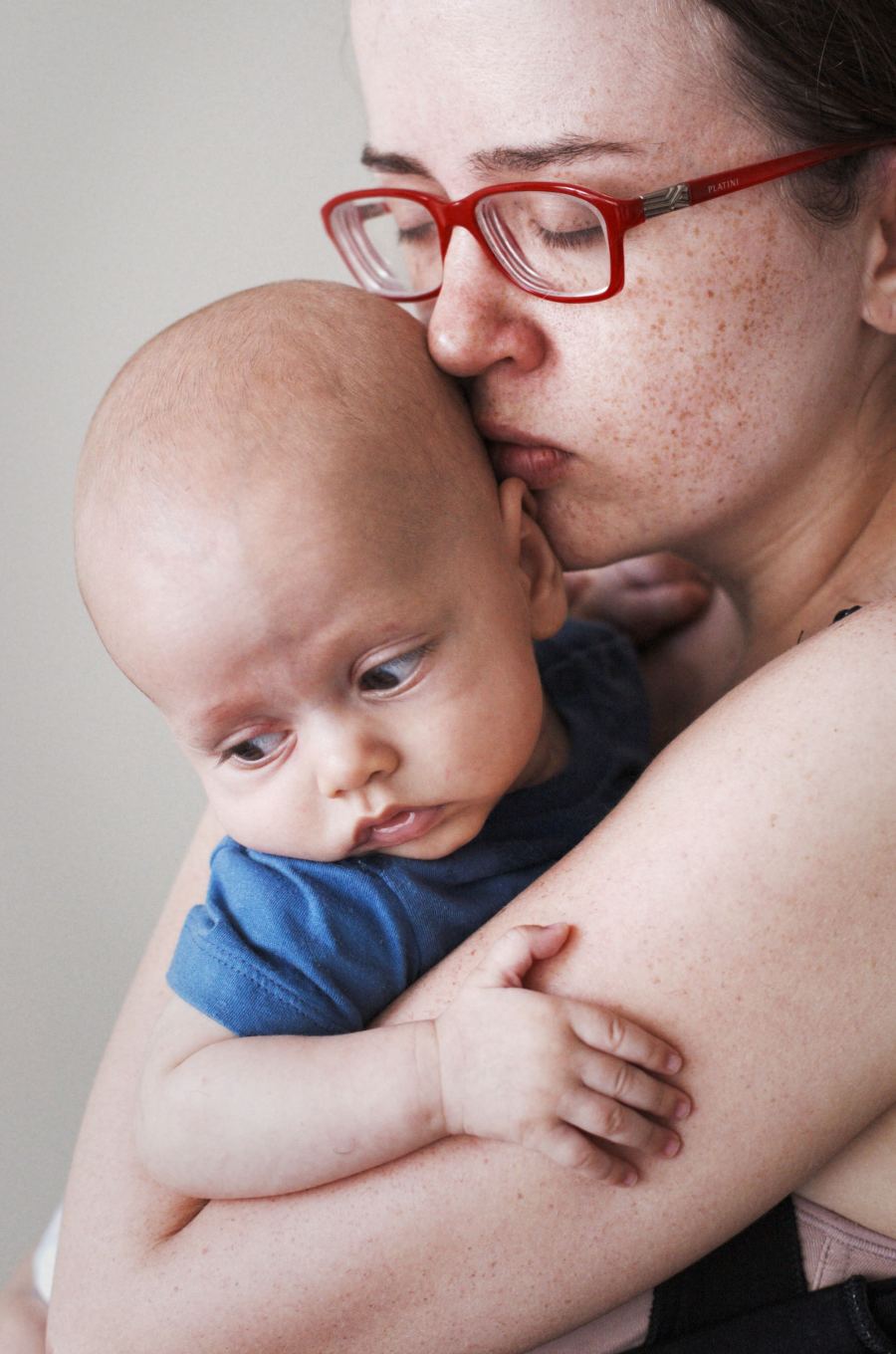Having a baby is an exciting and happy time for many parents. However, where parents separate while the child is still very young or even before the baby is born, it can be difficult to know how best to formulate appropriate arrangements for the child, or children, in their infancy.
The social science
It is well established amongst leading psychologists who specialise in children and post-separation parenting that it is important for children up to the age of approximately 2.5 years to develop a primary attachment figure. This means that a child needs to develop a strong relationship to one primary carer, by having its basic needs met, and feeling comfort and security from one person.[1]
A primary attachment figure is important for a child's emotional development and wellbeing. It is well known that if a young child does not have a strong primary attachment figure, the child can suffer adverse consequences in childhood and adulthood including mental health issues.[2]
When separation from their primary attachment figure occurs, it is important to keep a regular and consistent routine for young children, and for the child to spend time with the non-primary parent in frequent, short bursts of time, rather than irregular, extended periods. This is important to ensure that, given young children's limited capacity for memory and recall, the child is establishing a strong relationship with the non-primary parent.[3]
According to the experts, overnight time with the non-primary parent for children of this age should be viewed conservatively. Studies have shown that children under two years old who spend regular overnights with the non-primary carer can be more irritable and unsettled than those who do not.[4] Although all families and children are different, overnight time is generally not recommended for children who are under 2.5 years of age.
The legislation
The paramount consideration that the Court must take into account when making a parenting order is the best interests of the child.[5]
In determining what is in the child's best interests, the Court must consider:
- The benefit to the child of having a meaningful relationship with both of the child's parents; and
- The need to protect the child from physical or psychological harm.[6]
The case law
Barreto v Vogel[7] concerned a child who was almost 2 years of age. The Court ordered that both parents have equal shared parental responsibility for the child, and that the child live predominantly with the mother and spend time on a regular basis with the father.
Judge Roberts stated that "it seems to me that social scientists appear to be united in their view that a very young child needs a stable base in order to form proper attachments and feel secure. In general, that is best facilitated by ensuring that the child lives predominantly with the person to whom he or she is primarily attached."
The Court held that "in my opinion, the child’s time with his father should be both regular and frequent so that they maintain their meaningful relationship, while at the same time providing for him to have a stable base living with his mother."
Other factors to consider
How much time a child spends with each parent will vary, depending on the facts and circumstances of each case. No two families are the same, and each child's needs and abilities are different. This is a discretionary area of law for the Court.
Factors which may influence how much time a young child should spend with the non-primary parent include:
How effectively the child's parents can communicate and co-parent together, and reduce conflict in front of the child; Whether the primary parent is supportive of the child's relationship with the other parent; Whether there is an older sibling accompanying the young child to spend time with the non-primary parent; The nature of the relationship between the child and the non-primary parent; The child's temperament; Practicalities such as the travel time between both parents' homes and the child's requirements such as breastfeeding or nap times.
Conclusion
In cases where parents separate with young children under the age of 3, it is important to implement a consistent and predictable routine for the child, to ensure the child can maintain healthy attachments and relationships with both parents.
While social scientists and case law recommend children under the age of 3 spend short, frequent periods of time, and limited overnight time with their non-primary parent, it is important to remember that Courts will use their discretion depending upon a range of factors, and the circumstances of the case at hand.
If you need support, learn more about our expertise in Family and Relationship Law and parenting arrangements and contact one of our friendly team members.
This article was last reviewed in October 2024
1. Vincent Papaleo, “Developmental considerations in contact and residence disputes”, paper presented at Victoria Legal Aid Conference, Melbourne, 3 December 2004. 2. Federal Magistrate Robyn Sexton, 'Parenting Arrangements for the 0-4 Age Group' (Conference paper, Legal Aid NSW Family Law Conference, Sydney, August 2011). 3. Ibid 1 4. Jennifer McIntosh, Bruce Smyth, Margaret Kelaher, Yvonne Wells and Caroline Long, 'Post-separation parenting arrangements: Patterns and developmental outcomes (2011) 86 Family Matters 40; and Jennifer McIntosh, Bruce Smyth and Margaret Kelaher, 'Overnight care patterns following parental separation: Associations with emotion regulation in infants and young children (2013) 19(3) Journal of Family Studies 224-239. 5. Section 60CA Family Law Act 1975 (Cth) (Act) 6. Section 60CC(2) of the Act 7. [2013] FCCA 550
All information on this site is of a general nature only and is not intended to be relied upon as, nor to be a substitute for, specific legal professional advice. No responsibility for the loss occasioned to any person acting on or refraining from action as a result of any material published can be accepted.
 Client portal
Client portal







